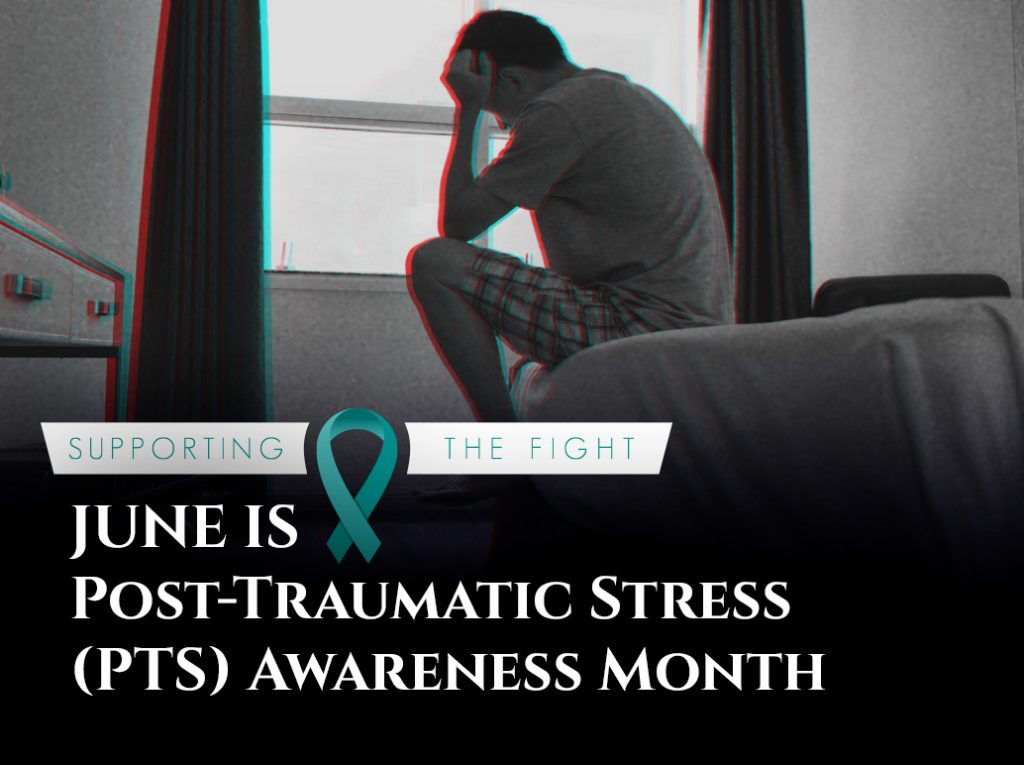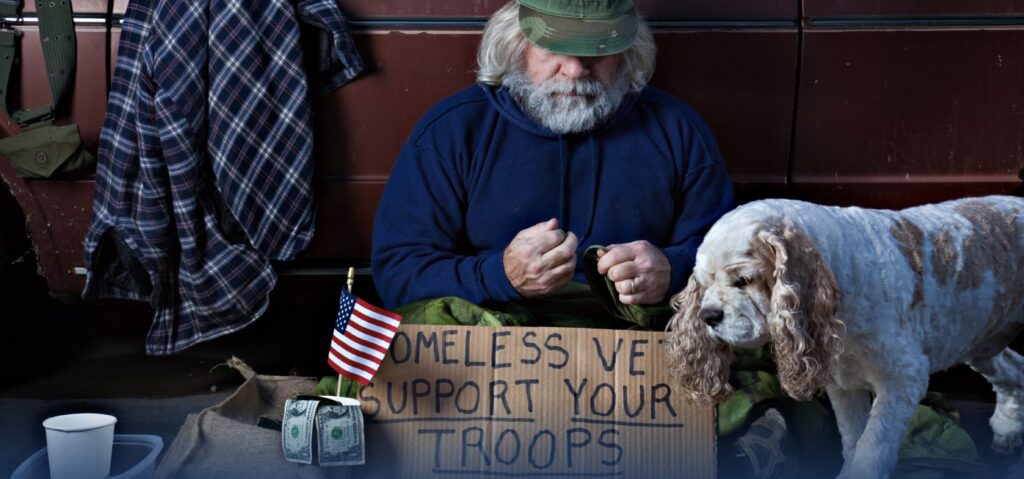
Suicide Awareness Month: What We Can All Do To Make A Difference
By Chris Meek
As the stigma surrounding mental health continues to lessen, more of an emphasis has been placed on suicide prevention and as a result a number of programs have emerged to varying degrees of success. But the fact remains that even with a wider array of prevention programs coupled with the allocation of $222 million by Congress to the VA to prevent suicide in the past decade, there are still 20 veteran suicides each day.
In my opinion, no program has been as far-reaching or all-encompassing as the recent President’s Roadmap to Empower Veterans and End a National Tragedy of Suicide (PREVENTS) task force in the effort to prevent suicide, of which I serve as an advisor for alongside a number of esteemed peers. The PREVENTS task force established a definitive roadmap which specifically outlines a multitude of unambiguous steps that all Americans can take to prevent suicide. Suicide is a national public health problem that in turn requires a national approach to combatting.
The recommendations put forth by the PREVENTS task force cover a variety of topics and a lot of ground but in particular, I want to focus on what an approach looks like from the local level so that everyday Americans understand how they can participate and contribute to the prevention of suicide.
There are a number of states that have suicide prevention councils but a similar structure can be used to create councils that are specific to your community and the needs of your community’s citizens and veterans. Towns and cities across the country have put such councils in place composed of veterans, health care professionals, and faith and political leaders. This is a great resource to train the broader community about suicide and mental health, as well as coordinate outreach events, awareness campaigns and develop partnerships with local businesses and residents.
Having suicide prevention councils and other community specific organizations in place serve as sources for veterans to build a connection with their community which is paramount to maintaining good mental health. According to research conducted by the Robert Wood Johnson Foundation, if individuals feel comfortable with their surroundings and feel a sense of belonging they are more likely to place a greater emphasis on maintaining overall health.
Suicide prevention councils can coordinate with local businesses and area employers about best practices for all employees, but particularly veterans, when it comes to preventing suicide. It is so much more than posting a suicide prevention poster in a shop window or making sure that employees have access to a suicide prevention hotline should they need it. Employers should be educated on the signs and symptoms of suicide and – this is the part that is often overlooked – educate their employees on these signs and symptoms as well. This has never before been more important than now as we wade through the current pandemic and many individuals are stressed about keeping their job, sending their children back to school and staying healthy so that they can continue to provide for their families.
I would also note that it is not only important for employers and companies to provide access to mental health care if they are able, but that it can be beneficial to also provide information about emergency services, religious leaders, veteran organizations, AA and substance abuse meetings and the nearest VA’s suicide prevention coordinator, to make a difference for employees who feel that they need access to additional services outside of traditional health care.
And, though the following strategy may not affect existing veterans, I do believe that more comprehensive mental health education can be introduced to children at a young age – either at home or especially in the classroom – as an added step to reduce the stigma surrounding mental health and provide the next generation with the tools they need to manage their experiences and emotions. We can better prepare our children to monitor and pay attention to their mental health in a way that some of us were never taught. Local teachers, religious leaders, coaches and obviously parents can lead the way by taking simple steps, such as asking if a child is okay, truly meaning it and expecting an honest response back. Sometimes it is the little things that make the biggest difference.
I believe that the actions and steps we take on the local level are paramount to preventing suicide and I encourage anyone who is interested to learn more about initiatives and steps in your city or state. Additionally, the PREVENTS’ national public health campaign, REACH, is based on the idea that combatting veteran suicide is not just something that we all must do, but something we all must do together, by reaching out to one another and letting the people we care about know that they are not alone. I want to encourage everyone to head to https://www.wearewithinreach.net/pledge/ to learn more about REACH and take the PREVENTS pledge to reach today.





